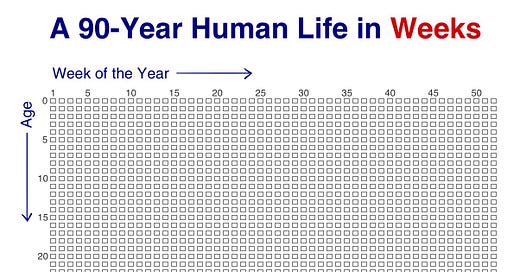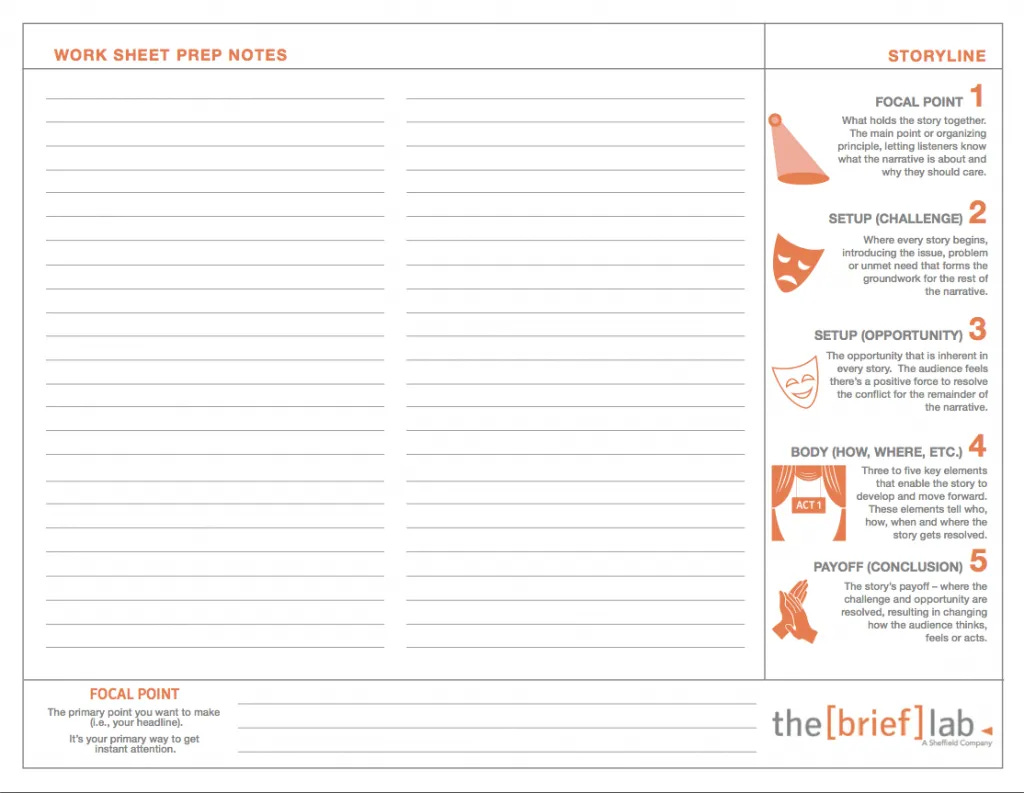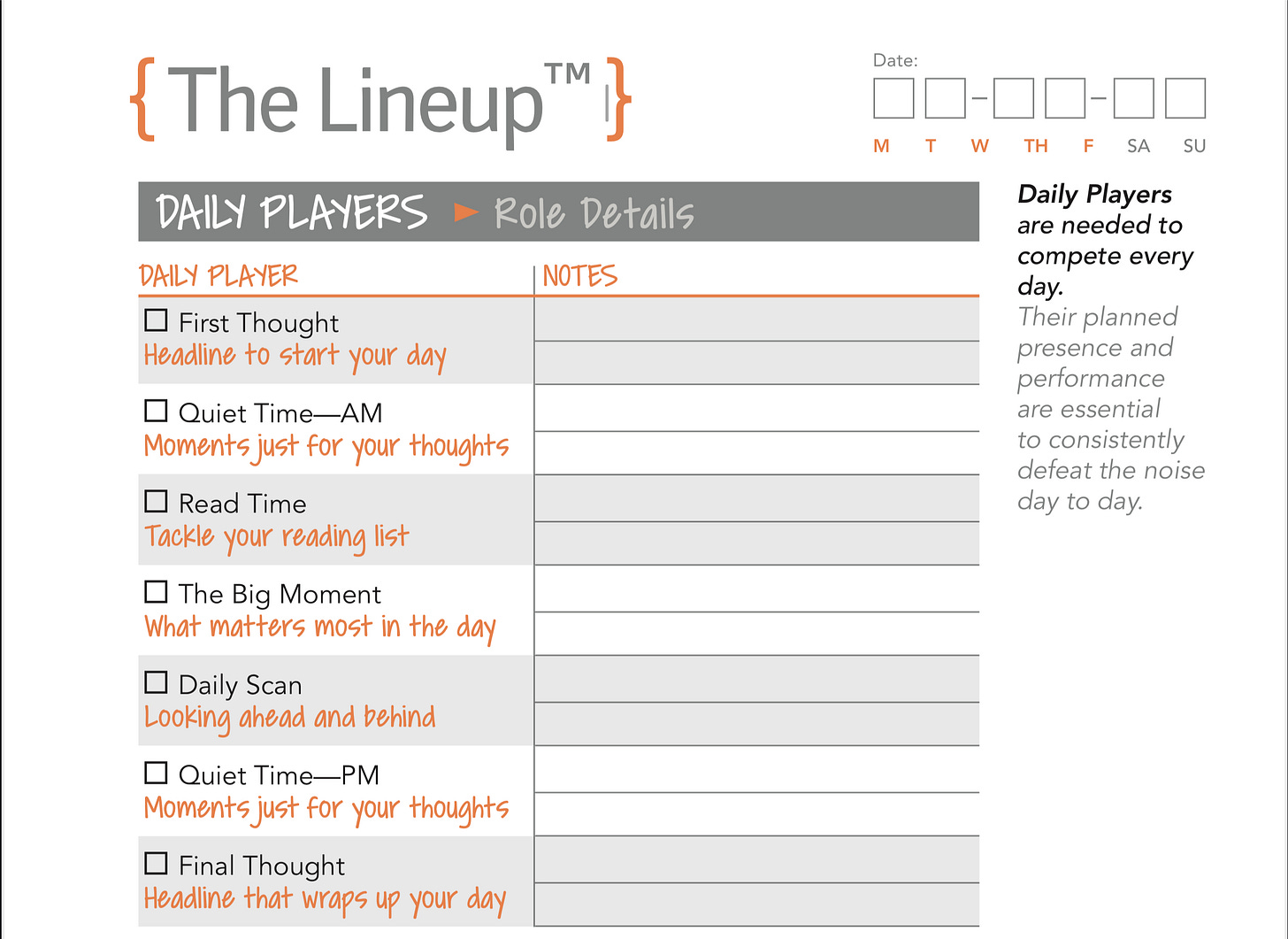Sarah was an aspiring executive leader. She was a master at multitasking and had no problem juggling multiple projects at once. But one day, she found herself struggling with time management, priorities, and feeling overwhelmed.
Sarah had always prided herself on being efficient and productive. However, as her workload grew, she found herself struggling to keep up. She was constantly dealing with interruptions, unexpected meetings, and urgent requests. She felt like she was drowning in a sea of tasks and couldn't keep her head above water.
She knew she needed to do something. Not only was she struggling to keep up at work, she was neglecting those things that she had once really enjoyed doing. She hadn’t kept a get together with friends in months. Breakfast and Lunch were more like grab and go than anything else and a decent dinner hadn’t been had in weeks. Weekends were more like a Saturday spent cleaning up the mess that her flat had become. Sunday was becoming more and more filled with dread, whether it was packing for the Monday’s business trip or just thinking about all the things that weren’t quite ready for prime time.
Help!
You either are Sarah, or you know a Sarah.
Most of us don’t have a personal staff that can manage our days for us. We don’t have a team of folks dedicated to making sure that we have everything we need to be prepared for the days events. Your lunch isn’t brought to you at your desk.
Most of us don’t have full control over our schedules or how we spend our time. Best case, we have some time available to us to meet with our teams, manage within our span of control and responsibility, and be the type of leader for them that we know we want to be.
Sahil Bloom is one of my favorite bloggers. I love the way he approaches work, life, and outcome. In one of his recent posts, he introduced the concept of being a Time Billionaire. While conceptually, Bloom is flying the plane at 30,000 Feet in this one in terms of getting the Big Rocks right, the point is clear. Time is a finite resource, squander it at your peril.
After spending almost the last 10 years of my career watching and helping Senior Executives manage time, I think I have some things to offer on the topic of managing those hours you do have in the office.
One Problem - Two Books
It’s ironic for sure. I’m task saturated and barely have enough time to eat, let alone read two books. I get it. But I swear, if Joe Votel can put these books on his staff’s reading list when he was the commander of US Central Command (CENTCOM) then they must be valuable reads.
Joseph McCormack’s books Brief and Noise give powerful insights into how individuals and businesses can communicate more effectively and efficiently in our fast-paced modern world. In Brief, McCormack emphasizes the importance of cutting through the noise to deliver clear, concise messages that resonate with your audience. In Noise, he tackles the overwhelming amount of information bombarding us daily, and provides practical strategies for filtering it down to what we really need to know.
Brief
As a student at the Army’s Command and General Staff College all of our writing assignments needed to be no longer than 1000 words, Times New Roman font, 11pt pitch, 1.5 line spacing. That fits about a page, front and back. I was shocked the first time I was asked to write a paper about three different books in a format like this. How the hell does that work?
Fast forward three years later as a junior staff officer at CENTCOM, writing information papers and action memos for staffing packages going up to Director and it all made sense.
Fast forward another ten years, sitting in numerous briefs to senior officers (and giving a few myself) or reading hundreds of emails in my bosses inbox (and ghost writing 10X that amount) the same principles applied.
If you can’t be brief or clear when communicating the complex, your stuff isn’t very useful. If you can’t distill it to a page, summarize it an Outlook Preview pane, or make the point in an iPhone screen when it’s opened, your stuff is irrelevant.
It’s no wonder that Votel put McCormack’s books on his reading list. Brief is a book about communicating. It’s filled with a whole manner of practical hacks to get the most out of the short attention span we all suffer from. Two of these hacks are the Narrative Map and the BRIEF Map. Both can be used to structure what we are trying to communicate in an organized manner, get it distilled, and then use it the wild. The Narrative Map provides a structure to get to describe the challenge, offer the opportunity, illuminate the big points of the “how,” bring the heat with the payoff. The BRIEF Map picks up where the Narrative leaves off and provides another format to package our communication in a manner that keeps things tight and relevant.
Noise
Information overload can lead to decision paralysis, stress, and burnout. To combat this, it's important to establish filters that help you prioritize and focus on what's truly important. Noise could be easily dismissed as a book about time management. It is up to a point, but is so much more.
McCormack offers a framework that helps busy people set boundaries and improve focus. This framework includes Awareness/Focus Management approaches, Pre-Sets to manage both, and the use of a Programming Plan to filter out the signal from the noise (Modulated is inspired by McCormack’s work).
Awareness Management approaches help us understand the impact of the information that surrounds us. How do we respond to the “ding” of the phone? When we see the red circle with the 21 inside of it denoting the “unread” messages in our inbox how do we respond? Our phones and our smart devices, the apps we’ve installed on them are designed to bring us in, to make us pick them up.
Focus Management and Pre-Sets includes rule sets and guardrails that protect your time and make your interactions fruitful. For instance, we schedule no decision meetings before 9:00 AM to assure we are settled into the morning routine. For a meeting to make our calendars, there must be a focused agenda. Or, we won’t check email before 7:00AM or after 7:00PM. In the post-COVID hybrid work environments, these approaches are even more important.
The result is a set of Daily and Specialty “players” that provide structure to your day and hold you accountable to managing your awareness and your focus.
Conclusion
We’ve certainly covered a lot of ground in this post. I am aware that I am running the risk of not practicing what I preach. Summarizing these two books is challenging, but I assure you that McCormack makes both works accessible and very easy to consume. I highly encourage you to purchase both and sign up for his newsletter and a whole manner of free content at the The [Brief] Lab.
There are a bunch of Sarahs out there struggling to stay above water in some pretty extraordinary times. I think the pendulum is starting to swing the other way. Professionals are becoming more and more aware of the challenges to preserving their time and being effective. As human beings, we are becoming much more sensitive to the need for meaningful personal engagement and doing things that assure our wholeness.
Wrestling back our time and then protecting it requires both changes in behavior and perception. As I noted above, most of us don’t have a retinue of people helping us plan our day and assuring that we have what we need to make the day’s events go smoothly. In fact, for the majority of us, it is the complete opposite. We are being driven around yellow gear* bouncing from event with opaque return on the investment of our time only to waste what remains of it on the banal presented ready made just for us. It’s on us to figure this stuff out and we can’t do it alone.
*Yellow Gear refers to motorized towing equipment that moves jets around in the hangar bay or on the flight deck. It’s a controlled evolution and highly choreographed.
===========================================================================
We are just scratching the surface here. I am working to bring high-performing and aspiring executive leaders together into a community of practice. This community is full of folks willing to do the hard work of growing and learning.
Post your comments and share your reflections. Subscribe and share. And as always, if you’d like to talk more about your development journey, DM on LinkedIn @ http://linkedin.com/in/william-shafley-72442b1b











Great article and discussion! I have not read either Brief or Noise, but your points hit home. I’m buying both of these books immediately. Thanks Bill.